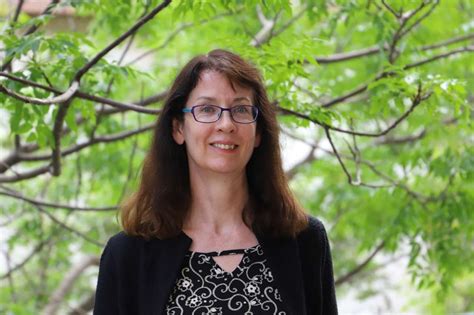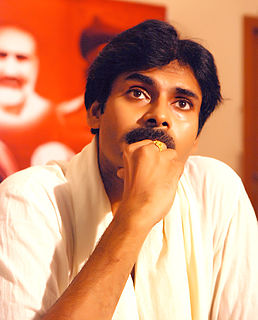A Quote by Stephen Batchelor
Without a rigorous, self-critical discourse, one risks lapsing into pious platitudes and unexamined generalizations.
Quote Topics
Related Quotes
To turn Karl [Popper]'s view on its head, it is precisely the abandonment of critical discourse that marks the transition of science. Once a field has made the transition, critical discourse recurs only at moments of crisis when the bases of the field are again in jeopardy. Only when they must choose between competing theories do scientists behave like philosophers.
Health education emphasizing risks is a form of pedagogy, which, like other forms, serves to legitimize ideologies and social practices. Risk discourse in the public health sphere allows the state, as the owner of knowledge, to exert power of the bodies of its citizens. Risk discourse, therefore, especially when it emphasizes lifestyle risks, serves as an effective Foucauldian agent of surveillance and control that is difficult to challenge because of its manifest benevolent goal of maintaining standards of health. In doing so, it draws attention away from the structural causes of ill-health.
One must search diligently to find laudatory comments on education (other than those pious platitudes which are fodder for commencement speeches). It appears that most persons who have achieved fame and success in the world of ideas are cynical about formal education. These people are a select few, who often achieved success in spite of their education, or even without it. As has been said, the clever largely educate themselves, those less able aren't sufficiently clever or imaginative to benefit much from education.
Most corporate mission statements are worthless. They consist largely of pious platitudes such as: "We will hold ourselves to the highest standards of professionalism and ethical behavior." They often formulate necessities as objectives; for example, "to achieve sufficient profit." This is like a person saying his mission is to breathe sufficiently.


































